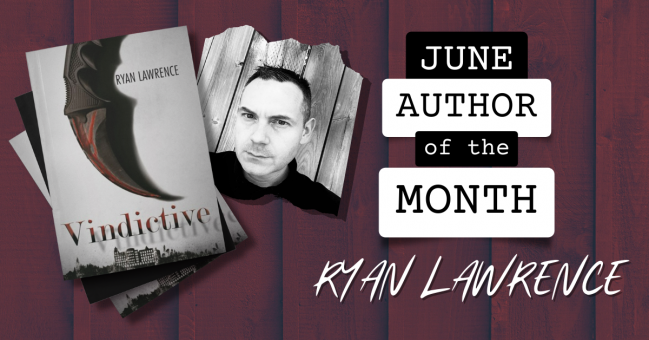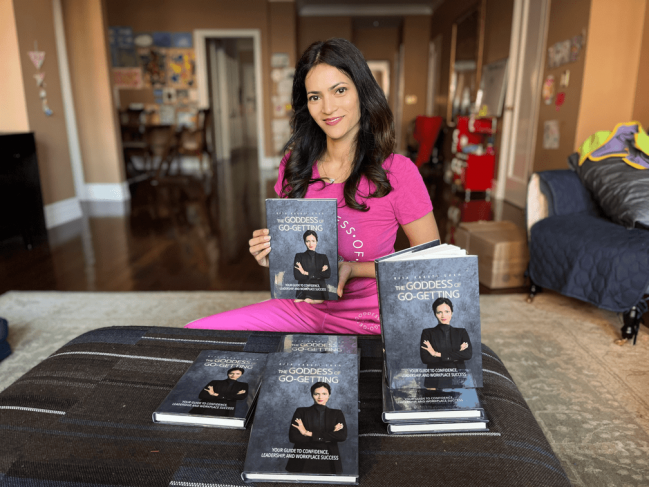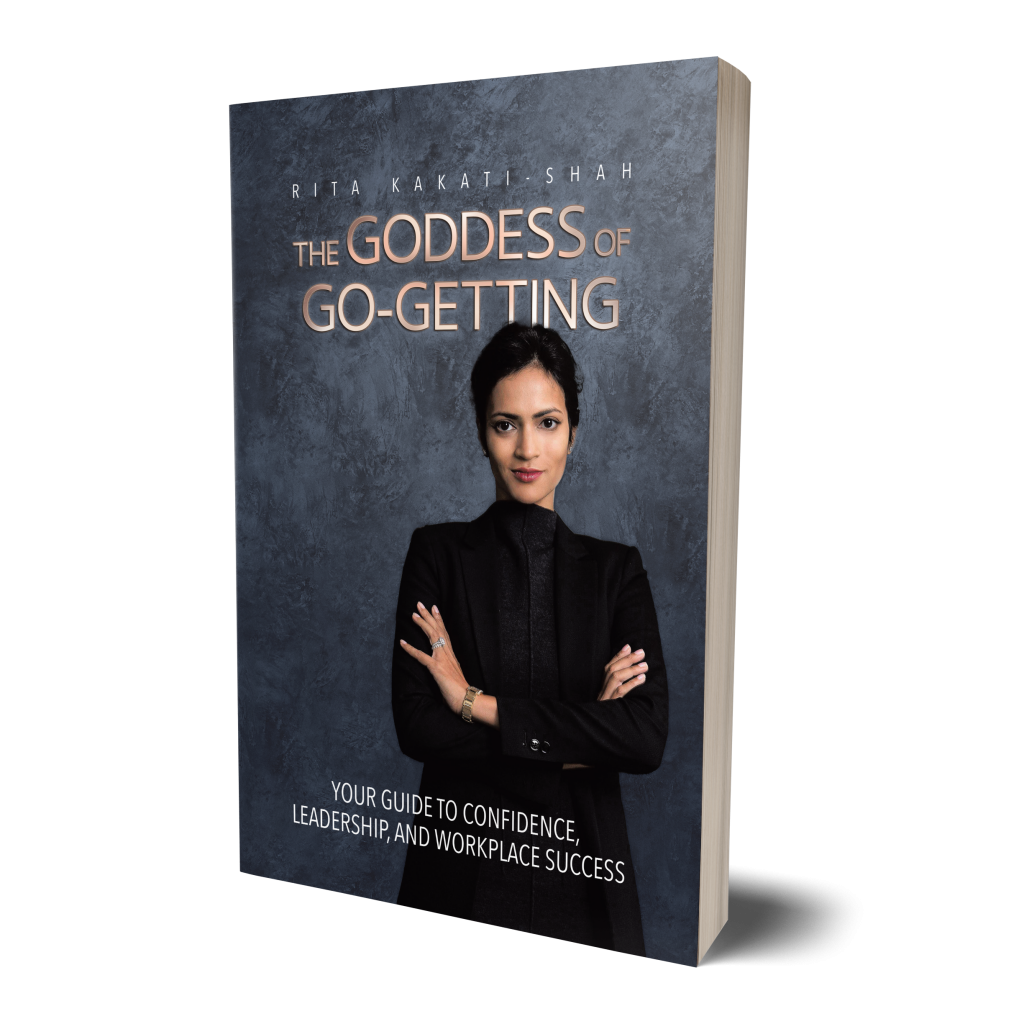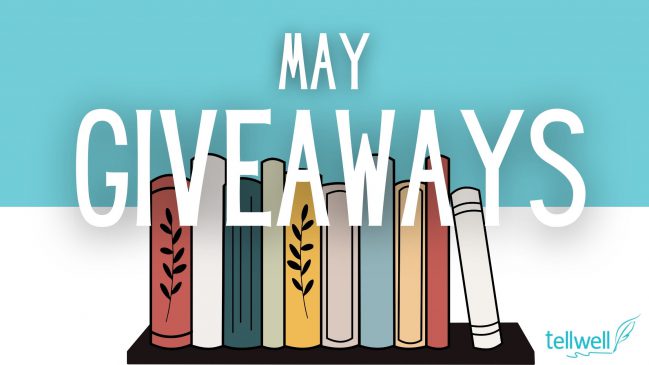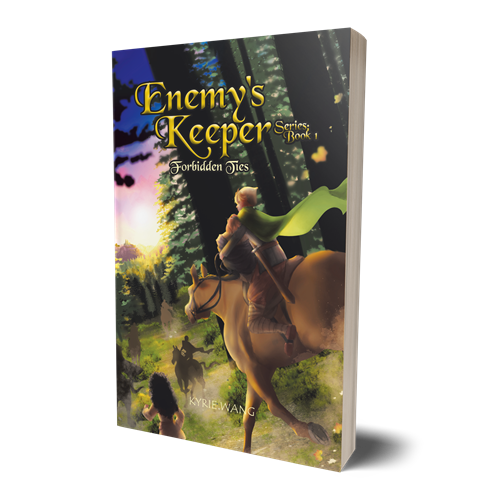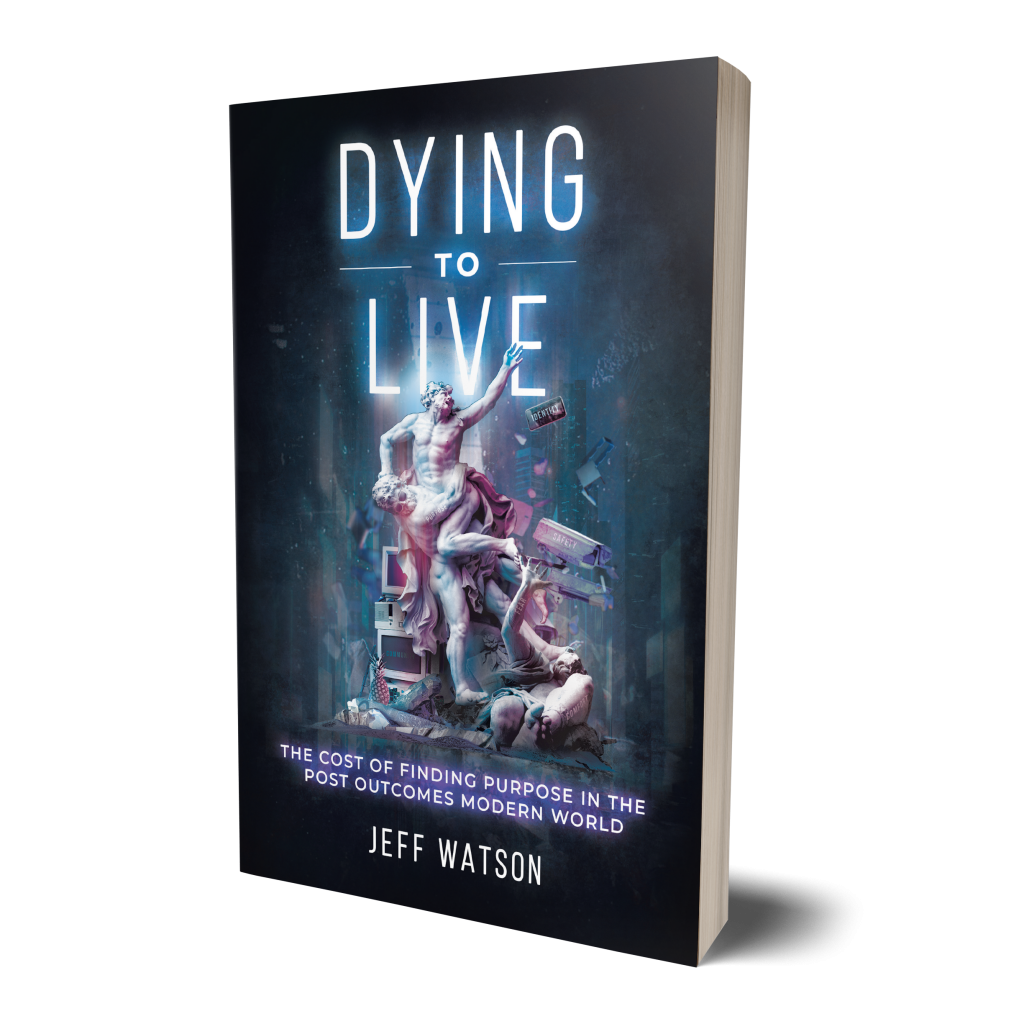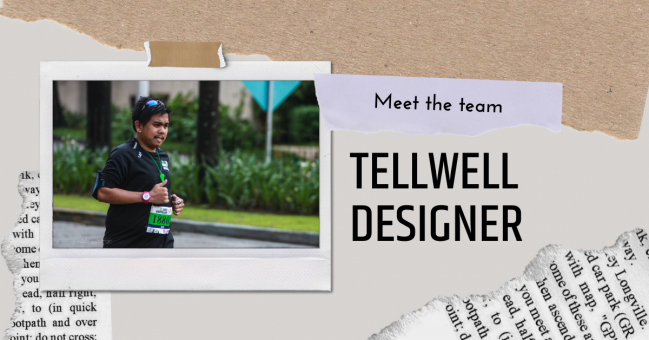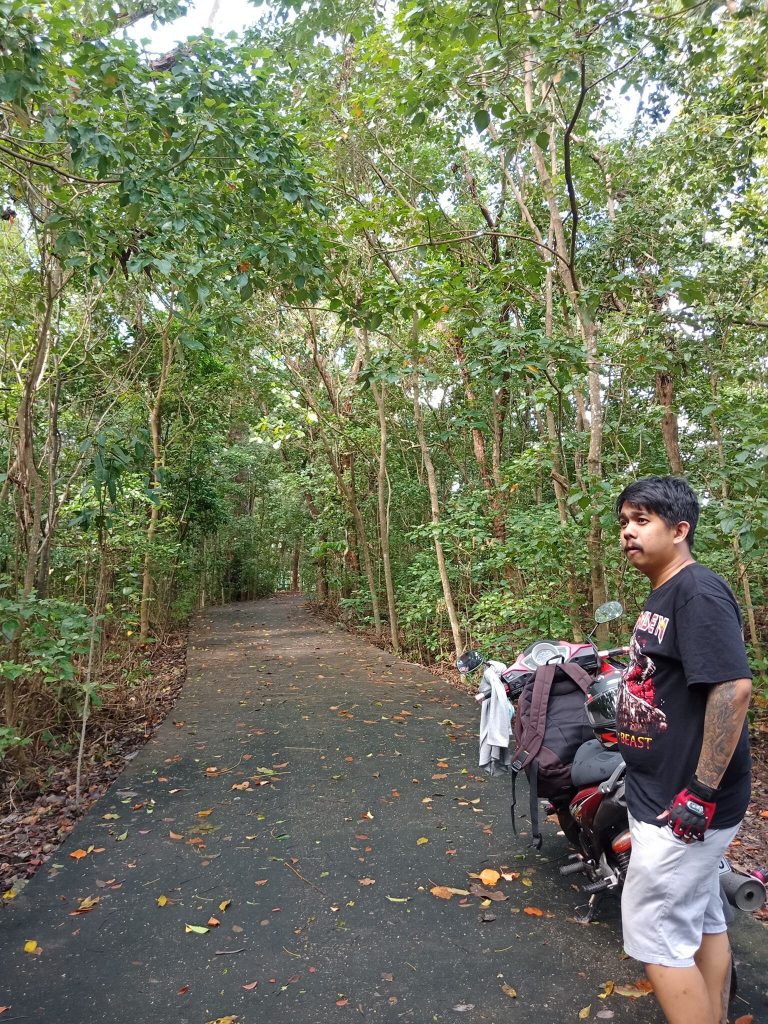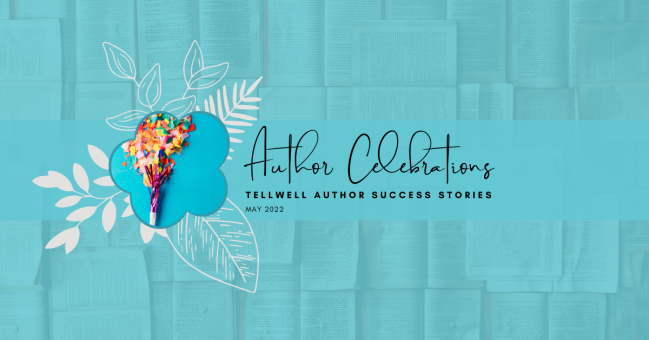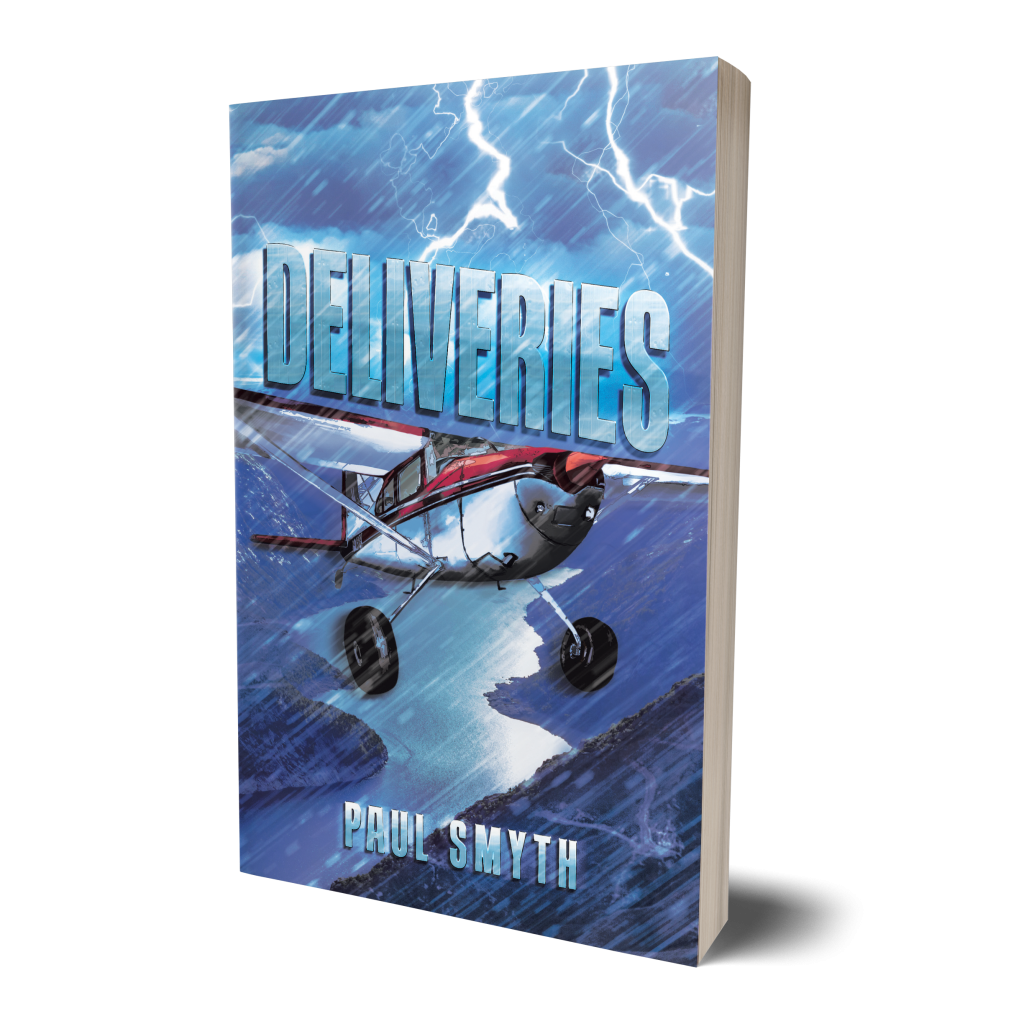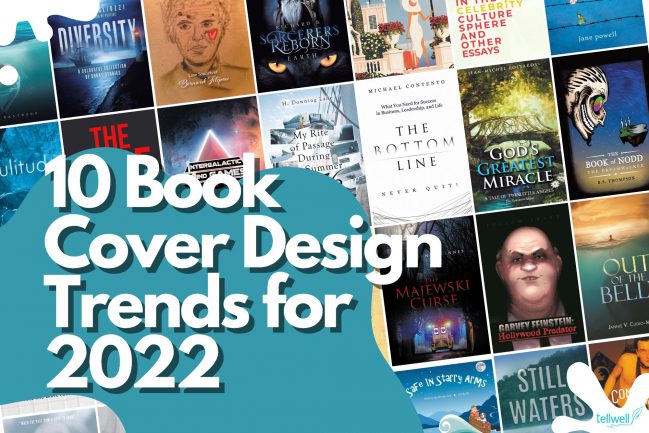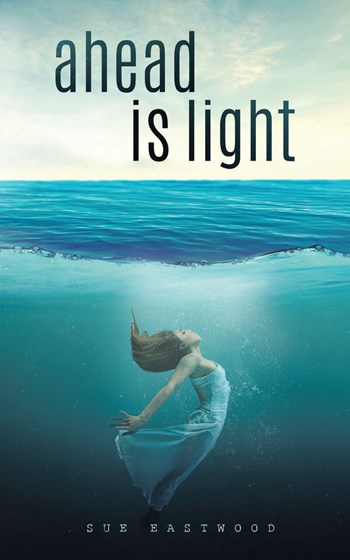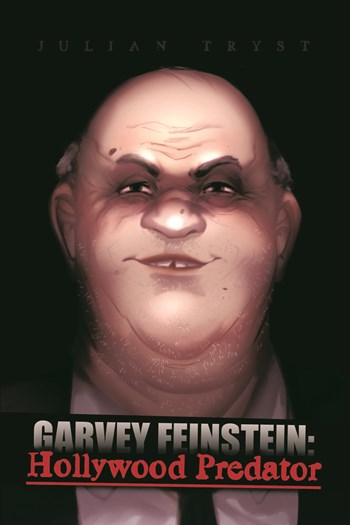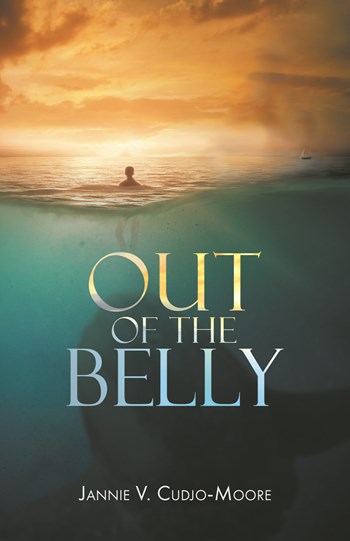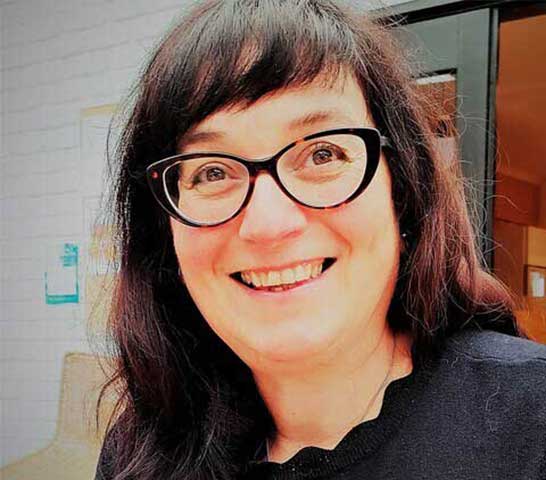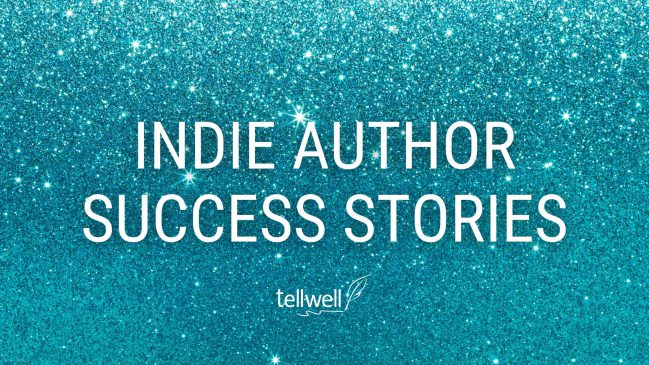Are you hoping to start summer with a new read? If so, then make sure to check out the June giveaways from these Tellwell authors, all of whom are offering their e-book for free thanks to BookFunnel. Seven authors are hosting giveaways, which means that you can add seven books to your digital collection for free. The books span a variety of genres, so everyone can find their perfect summer read.
Love science fiction?
Then be sure to check out Descent into Darkness, Book 2 in the Chronicles of Deneb series by Zanne Raby.
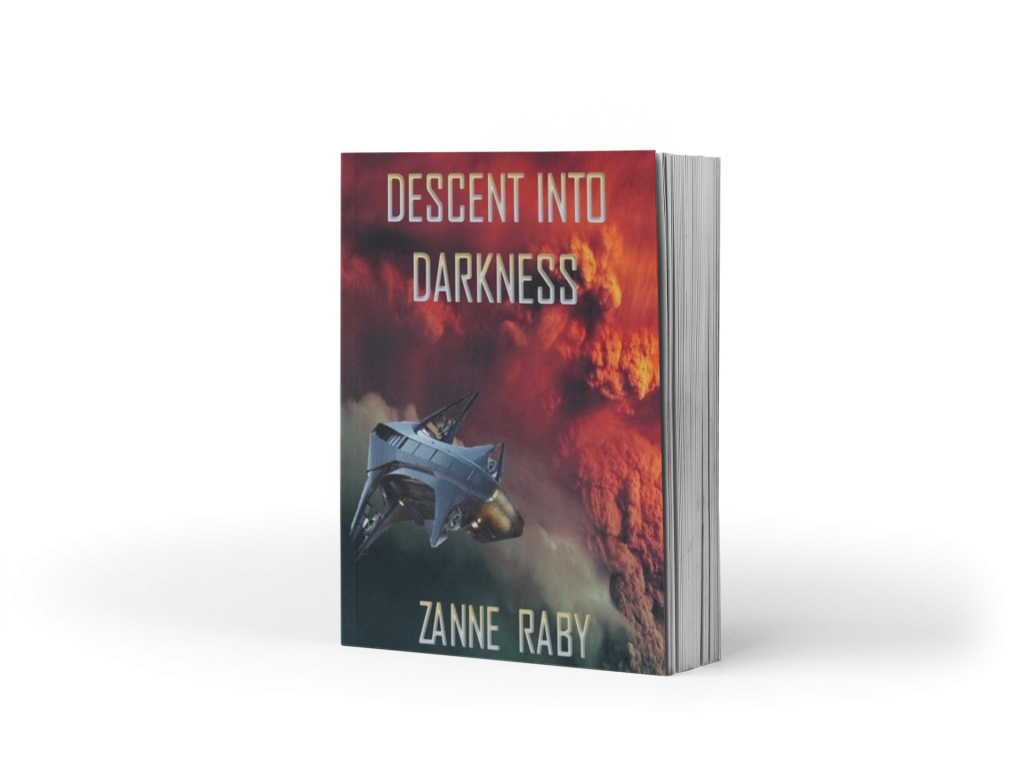
For space-opera lovers, the crew of the Space Ark Mayflower journey into a universe plagued by human-made pandemics and all-out military warfare.
Descent into Darkness: Mayhem follows the Mayflower in the second book of the Chronicles of Deneb series. Journey along with the crew of the Space Ark Mayflower as they adapt to their new home on the planet Deneb. But along with their struggle to integrate into an alien culture, a new battle sweeps across the planet with the arrival of the human-transmitted Chimera bactovirus, bringing war and fanning the flames of racial intolerance. With a bloody conflict now raging across the planet, the crew of the Mayflower is split between the two factions and embroiled in the chaos and destruction. Descend with the crew into darkness, where the only survivors of a global war will be on the right side of the border.
Learn more and connect with Zanne Raby at zanneraby.com.

